Godwin Emefiele, governor of the Central Bank of Nigeria (CBN), has given policy options capable of getting Nigeria out of its current economic crisis.
Emefiele highlighted these option while delivering the keynote address at the Annual Bankers’ Dinner in Lagos over the weekend.
He made it clear that the options, as listed below, were purely his opinion and not that of the central bank or the bank’s Monetary Policy Committee.
REBUILD OUR INFRASTRUCTURE
Advertisement
“Investing in basic infrastructure including roads, bridges, airports, railways, and information technology is not only good in terms of immediate job creation; it acts as a catalyst to the movement of goods and services across the country,” he said.
“Obviously, our fiscal resources alone would be inadequate to finance this gap. Therefore, it is critical that we begin to consider innovative mechanisms and ideas to do so.
“For example, we need to attract private capital into this space. I recall that sometime in 2012, the Federal Government signed an MOU with General Electric to develop power, rail, and healthcare infrastructure. This included the construction of power plants that can generate up to 10,000 Megawatts over a decade”.
Advertisement
INCREASE HOUSEHOLD DISPOSABLE INCOME
“More than ever before, it is now critical to concentrate our best efforts on ensuring that fiscal policy is targeted at improving productivity of labour, increasing disposable incomes for workers, and deploying resources to creating an enabling environment for investors.
“We need to look at how fiscal policy can help household consumption and business investments. These two make up more than 85 percent of Nigeria’s GDP by expenditure.
“For example, we need to consider how to increase disposable income for households, cut red tape for businesses, create incentives for new investors, etc. In this regard, I am happy to note that the 2016 budget addresses some of these but urgency of implementation is now doubly important.”
Advertisement
PAY CLOSE ATTENTION OF AGRICULTURE
“Whatever we do to jumpstart growth in Nigeria, we just cannot afford to ignore this sector at all. Agriculture remains the largest employer of labour in Nigeria and contributes about 24.2 percent of our GDP.
“To date, the Bank has committed close to N23 billion in the Anchor Borrowers’ Programme with active participation across 14 States of the Federation. In Kebbi State, over 78,000 smallholder farmers are now cultivating about 100,000 hectares of rice farms. It is expected that over one million metric tonnes of rice will be produced in that State alone this year.
“When considered against the backdrop that Nigeria consumes about 6.1 million tonnes annually and only produces 2.5 million metric tonnes, this will go a long way to make rice available on our tables.”
Advertisement
REVISITING THE LAND USE ACT AND LAND TITLING
“We also need to find ways to make land titling much easier especially for smallholder farmers. This can immediately result in converting ‘dead’ land assets of these farmers into valuable, tradable and exchangeable assets that will unlock the flow of finance to the rural agricultural economy that absorbs 60—70 percent of Nigeria’s population including largely the youth.
Advertisement
“In this regard, the Nigeria Incentive-based Risk Sharing System for Agricultural lending (NIRSAL) can assist with technical knowledge and deployment of relevant GIS and Satellite imaging that will realize this within a short period of time.”
Sam Adeyemi, senior pastor of Daystar Christian Centre, made the same recommendation, stating that the current act is a formula for mass poverty.
Advertisement
TAX ON PHONE CALLS ABOVE THREE MINUTES
“There are several ways we can raise additional revenue to finance the increased expenditure that is needed to engender fast and sustainable growth in the economy.
Advertisement
“I think we can consider introducing a negligible telecom surcharge to be entirely borne by the initiator of a call. In order to protect the poor and vulnerable amongst us, we could structure it to only take effect after the third minute of talk.
“Some analyses have indicated that the government could earn about N100 billion per annum from this alone. Obviously this surcharge will mainly be borne by middle and upper class people since I do not know many poor people who make calls for more than 3 minutes!
“We could also consider introducing minimal property taxes across the country. This not only raises money for the government but also could be a veritable weapon against corruption since it creates a database of who really owns homes in this country.”
EXPORT GOATS AND SHEEP TO SAUDI ARABIA AND CO.
“Nigeria can benefit significantly from tapping into the market for certain goods, which are in high demand. For example, the demand for Halal meat and sesame across the Gulf Cooperation Council (GCC) Countries is huge,” Emefiele said.
“In fact, we have credible information that the Saudis may need up to 120,000 heads of frozen goat/sheep per week from Nigeria. Similarly, the demand for cashew nuts and shea-nut butter across the world is rising.
“Nigeria has comparative advantage in all these products and can quickly tap into the vacuum created from the sharp fall in supply of these products from their erstwhile major suppliers.”
REDUCE NIGERIA’S IMPORT
“In view of the fact that oil prices would remain low for a long period, it is clear to us that FX revenue inflows will remain low, with relatively low FX Reserves, for a while.
“Given this scenario, we need to take bold and decisive actions at fundamentally changing the structure of our economy. Of course, Monetary Policy alone cannot achieve this but it must do its part.
“Throughout this speech, I have talked about the damaging effects of Nigeria’s unsustainable propensity to import. In line with Winston Churchill’s admonition to ‘never let a good crisis go to waste’, the CBN believes that it is high time we started looking inwards and stopped supporting the importation of items that we can produce locally using Nigeria’s hard-earned Foreign Exchange.”
He gave examples of Taiwan and South Korea, as part of the fastest growing economies, due to its import-export policies.
1 comments

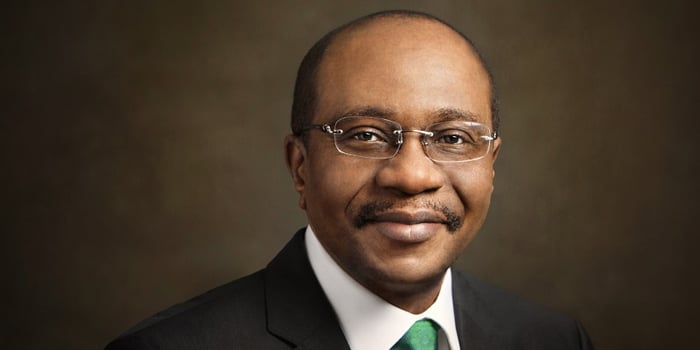
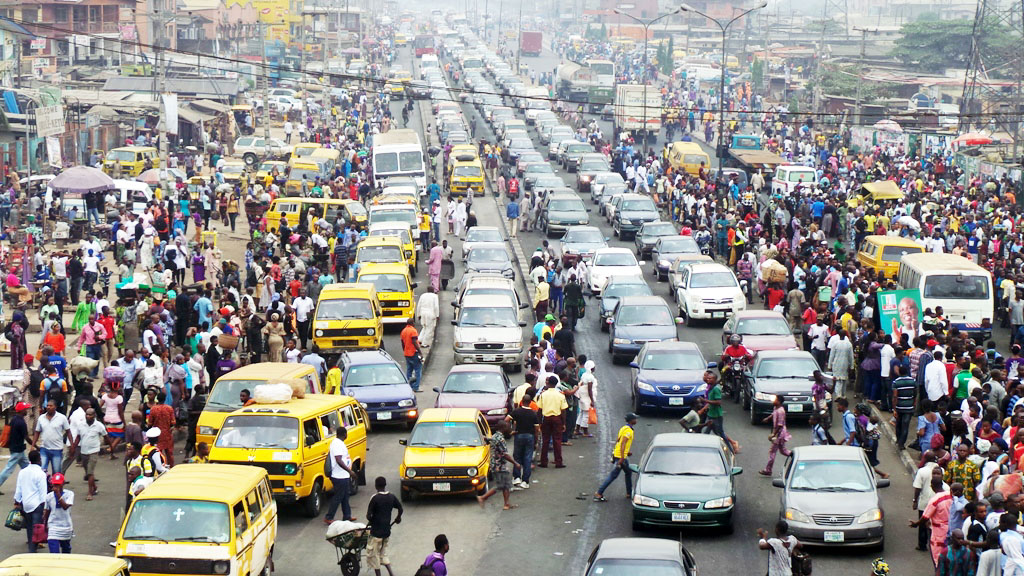


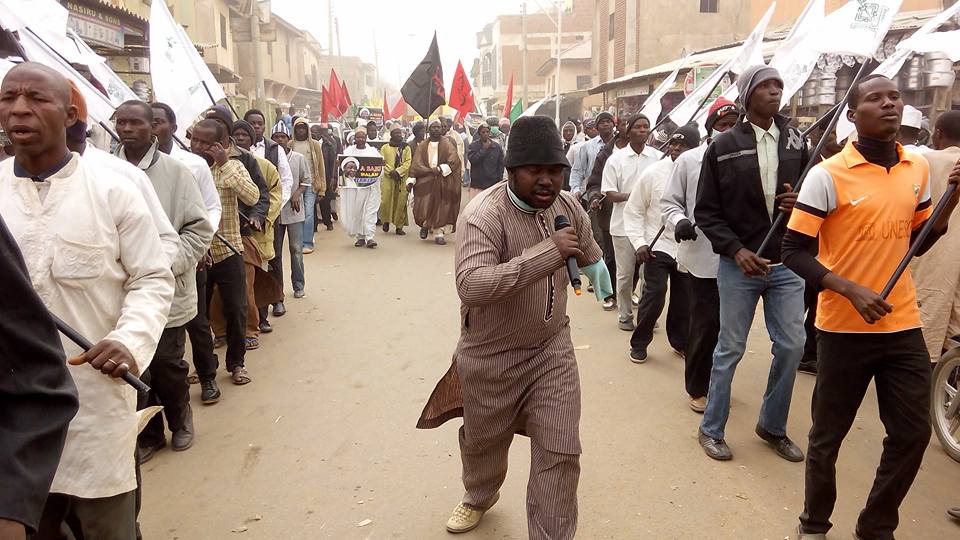
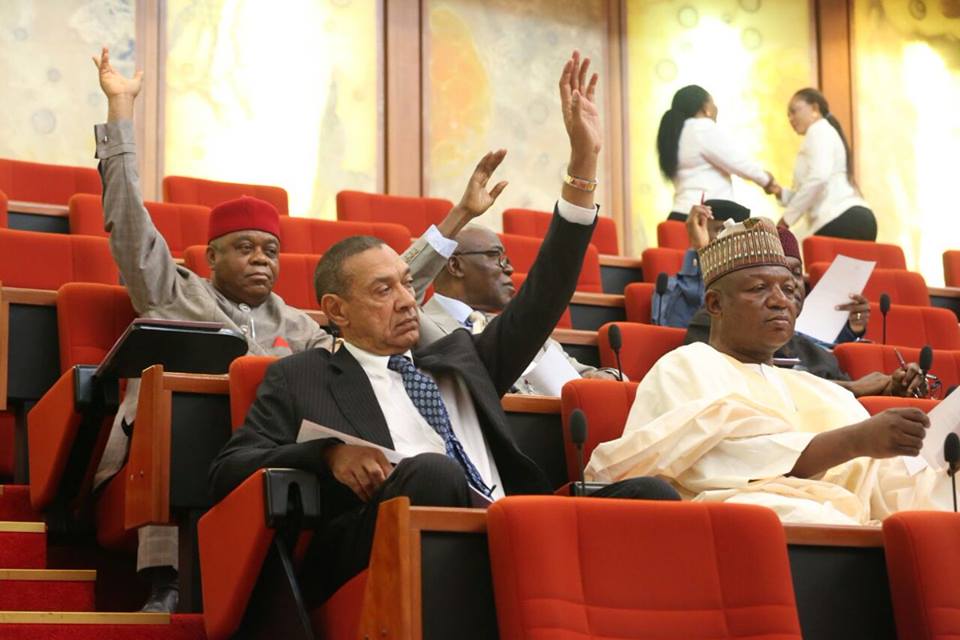
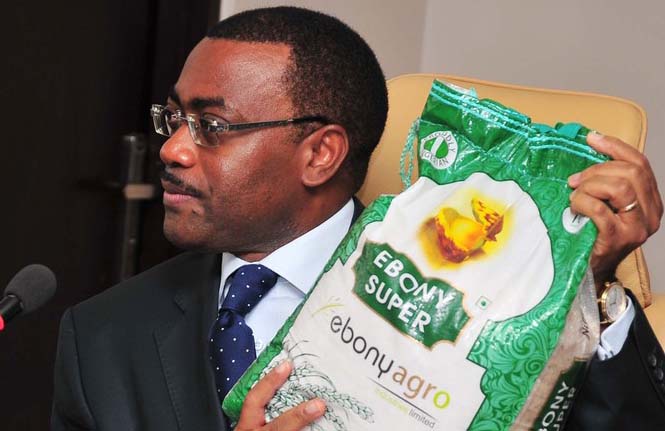
Mr. CBN Gov, you’ve given so many solutions, are these your final answers?!